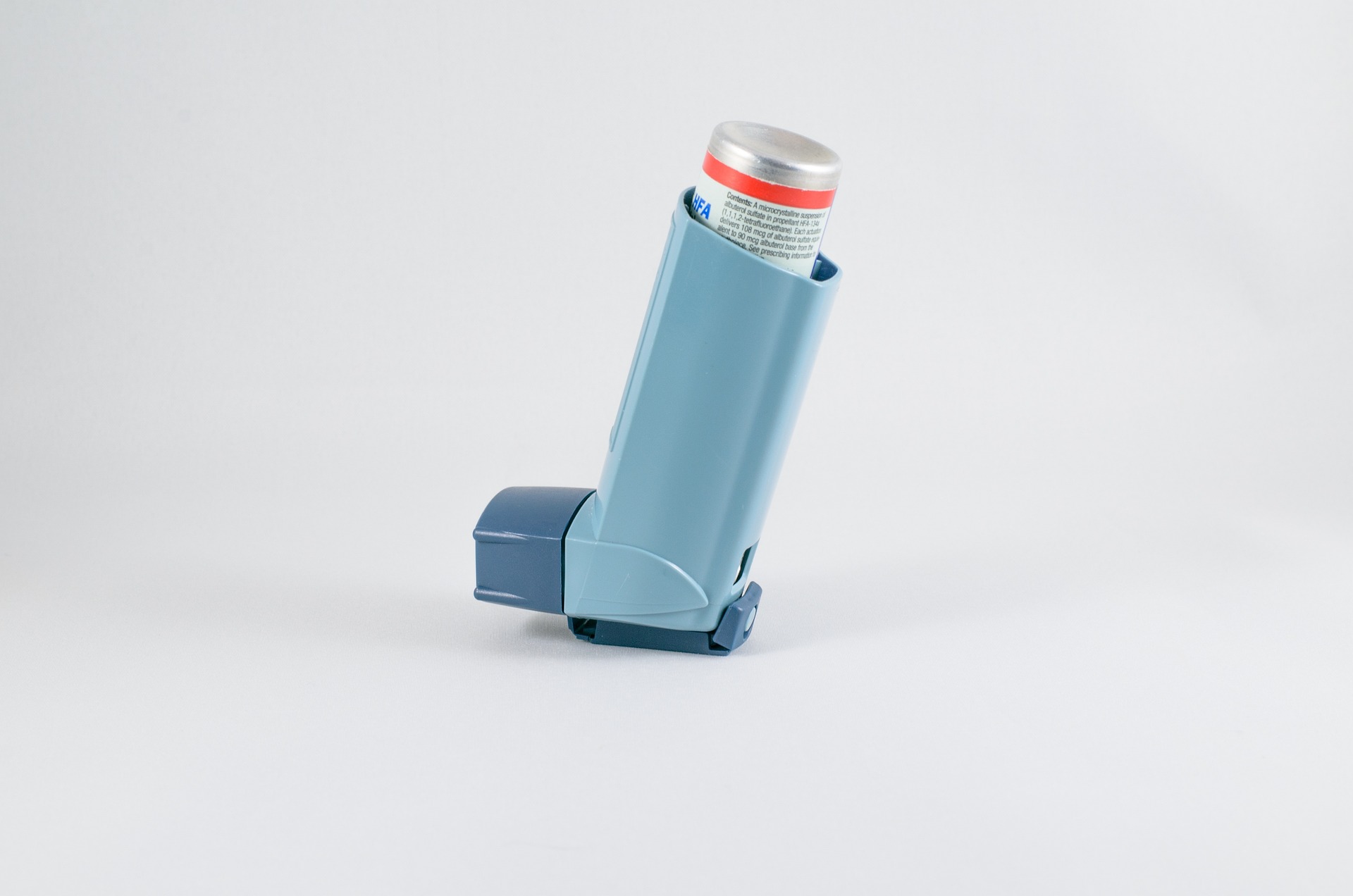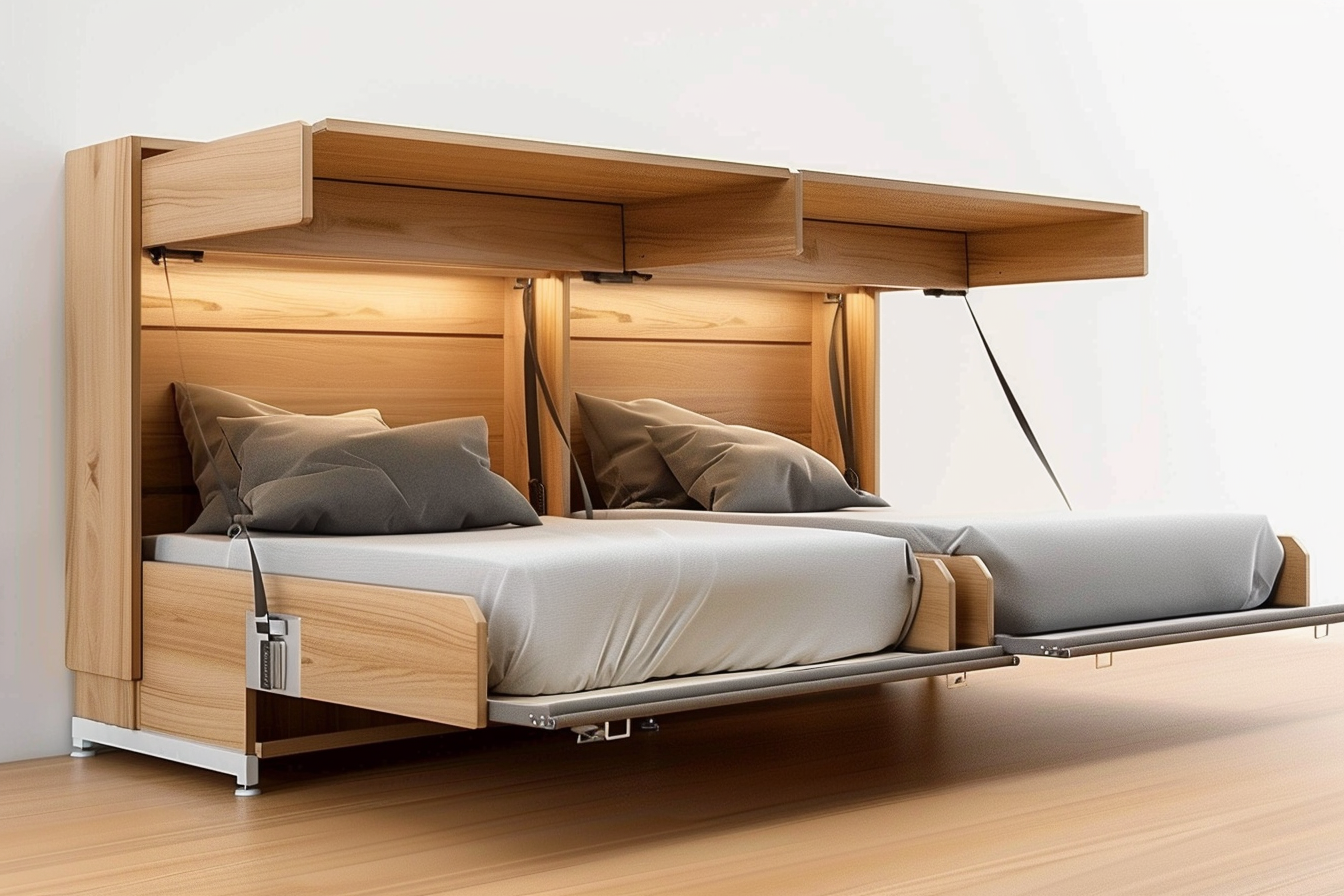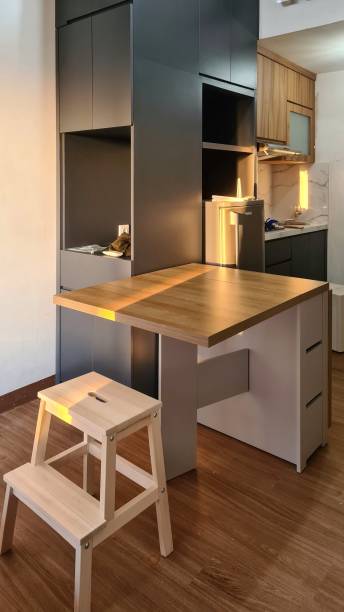Understanding Portable Nebulizers and Their Health Benefits
Portable nebulizers have revolutionized respiratory care by providing convenient, on-the-go treatment for various breathing conditions. These compact devices convert liquid medications into fine mist particles that can be easily inhaled, making them essential tools for managing asthma, COPD, and other respiratory ailments. Unlike traditional stationary nebulizers, portable versions offer flexibility and independence for patients who need regular respiratory treatments.

What Are Portable Nebulizers and How Do They Work
Portable nebulizers are compact medical devices designed to deliver medication directly to the lungs through inhalation. These devices work by converting liquid medication into a fine aerosol mist using ultrasonic technology, compressed air, or mesh mechanisms. The medication particles become small enough to penetrate deep into the respiratory system, providing targeted treatment for conditions like asthma, chronic obstructive pulmonary disease (COPD), cystic fibrosis, and other respiratory disorders.
The portability factor distinguishes these devices from traditional tabletop nebulizers. Most portable models are battery-operated, lightweight, and designed for travel convenience. They typically weigh between 6 ounces to 2 pounds and can operate for multiple treatment sessions on a single charge.
Key Benefits of Using Portable Nebulizer Technology
Portable nebulizers offer numerous advantages over traditional respiratory treatment methods. First, they provide consistent medication delivery regardless of breathing technique, making them particularly beneficial for children, elderly patients, or individuals with severe respiratory distress who may struggle with proper inhaler technique.
The convenience factor cannot be overstated. Patients can maintain their treatment schedules while traveling, at work, or during outdoor activities. This consistency in medication delivery helps prevent symptom flare-ups and reduces the risk of respiratory emergencies. Additionally, portable nebulizers can accommodate various types of medications, including bronchodilators, corticosteroids, and antibiotics, providing versatility in treatment options.
The psychological benefits are equally important. Having immediate access to respiratory treatment reduces anxiety and improves quality of life for patients with chronic conditions.
Comparing Portable Nebulizers to Traditional Treatment Methods
When comparing portable nebulizers to metered-dose inhalers (MDIs) and dry powder inhalers (DPIs), several distinct advantages emerge. Nebulizers require minimal coordination and breathing technique, making them suitable for patients of all ages and physical capabilities. Unlike inhalers that require specific timing and breath control, nebulizers deliver medication continuously during normal breathing.
Traditional stationary nebulizers, while effective, limit patient mobility and treatment flexibility. Portable versions maintain the same therapeutic effectiveness while eliminating location constraints. The medication delivery rate in portable nebulizers is often more consistent than handheld inhalers, ensuring optimal drug absorption.
However, portable nebulizers do require more maintenance than simple inhalers and typically take longer to complete a treatment session, usually 5-15 minutes compared to quick inhaler puffs.
Cost Considerations and Available Options
The investment in portable nebulizer technology varies significantly based on features, brand, and intended use. Understanding the financial aspects helps patients make informed decisions about their respiratory care equipment.
| Device Type | Brand Examples | Price Range | Key Features |
|---|---|---|---|
| Ultrasonic Portable | Omron MicroAir, Philips InnoSpire Go | $150-$400 | Silent operation, fast nebulization |
| Mesh Nebulizers | Pari Trek S, Aerogen Solo | $200-$500 | Efficient medication use, compact design |
| Compressor Portable | DeVilbiss Traveler, Drive PowerNeb | $80-$250 | Durable, works with all medications |
| Battery-Powered | Invacare Passport, Respironics SimplyGo | $120-$350 | Rechargeable, travel-friendly |
Prices, rates, or cost estimates mentioned in this article are based on the latest available information but may change over time. Independent research is advised before making financial decisions.
Insurance coverage varies by provider and plan type. Many health insurance plans cover nebulizer equipment when prescribed by a healthcare provider for diagnosed respiratory conditions. Medicare Part B typically covers 80% of approved nebulizer costs after meeting annual deductibles.
Choosing the Right Portable Nebulizer for Your Needs
Selecting an appropriate portable nebulizer depends on several factors including medical condition severity, lifestyle requirements, and budget considerations. Patients with frequent travel needs may prioritize ultra-compact models with long battery life, while those requiring multiple daily treatments might benefit from faster nebulization rates.
Medication compatibility is crucial. Some portable nebulizers work better with specific medication types or viscosities. Consulting with healthcare providers ensures the chosen device meets therapeutic requirements and medication specifications.
Maintenance requirements also vary between models. Some devices require daily cleaning and periodic part replacement, while others offer simplified maintenance protocols. Consider personal preferences for cleaning complexity and ongoing maintenance costs.
Maximizing Treatment Effectiveness with Portable Devices
Proper technique and maintenance ensure optimal therapeutic outcomes from portable nebulizer use. Regular cleaning prevents bacterial growth and maintains device efficiency. Most manufacturers recommend washing nebulizer cups and masks after each use with warm soapy water and allowing complete air drying.
Battery maintenance extends device lifespan and ensures reliability during treatment sessions. Charging batteries fully before travel and carrying backup power sources prevents treatment interruptions. Some models offer car adapters or USB charging capabilities for additional convenience.
Medication storage and handling require attention, especially during travel. Most respiratory medications should be stored at room temperature and protected from extreme heat or cold. Carrying prescription documentation helps avoid travel complications with medical equipment and medications.
Portable nebulizers represent a significant advancement in respiratory care technology, offering patients unprecedented freedom and treatment consistency. By understanding device options, costs, and proper usage techniques, patients can make informed decisions that improve their respiratory health management and overall quality of life.
This article is for informational purposes only and should not be considered medical advice. Please consult a qualified healthcare professional for personalized guidance and treatment.




